PAS – What to record?
The vast majority of detectorists are responsible people who want to do the right thing when they are detecting. When it comes to reporting finds to the PAS , what is the right thing to do? In this article, I will look at the role of the PAS and the reporting of detecting finds. At the end there are a few questions to gauge your opinions. I would also welcome your views in the comments section at the bottom.
Portable Antiquities Scheme (PAS)
Background
After a successful pilot scheme in 1997, the PAS started recording finds from July 1999. In the first year it recorded some 13,500 objects. In June 2020, PAS announced that a total of 1.5 million objects had been recorded. The vast majority of these objects are found by detectorists. The reporting of archaeological objects to the PAS is a voluntary scheme which complements the legal obligation to report treasure. Under the scheme, finds are reported to a Finds Liaison Officer(FLO). More information of the PAS can be found at finds.org.uk
Database
Reported finds are recorded on the PAS database. All the information on this database, including images, is freely available for anyone to use. You can search for items on the PAS database here.
Quantity of Finds
The power of the database comes not only from the record of individual finds but also the knowledge gained from the distribution of multiple finds. For example, by 2020 there were 320,000 Roman coins recorded, making it the largest dataset of its kind worldwide. The vast majority of these finds are from detectorists.
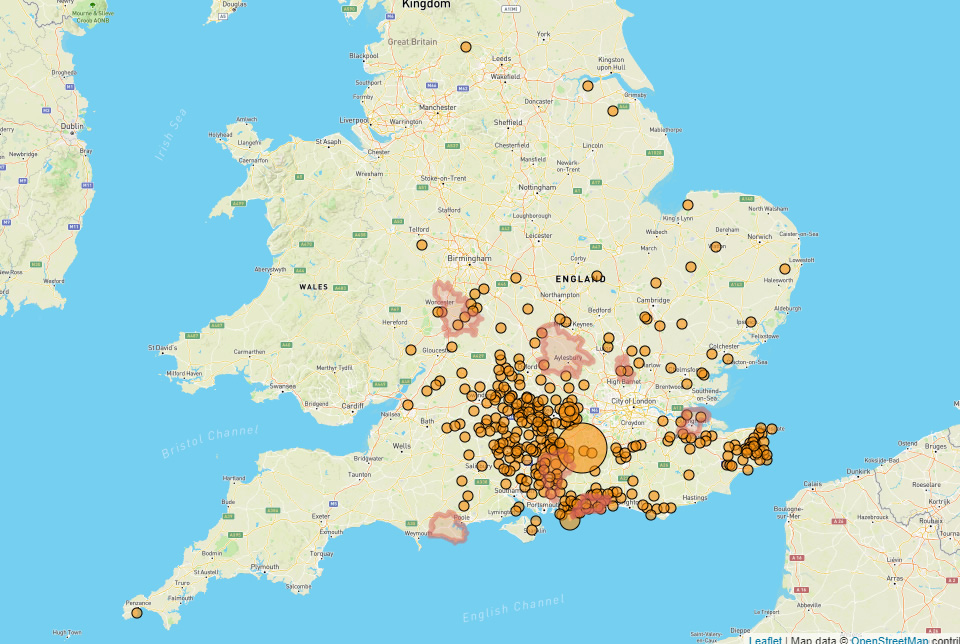
Coins of the Atrebates recorded on the PAS database
It has proved an invaluable resource for both the study of archaeology and numismatics. The image to the left shows the type of research that is now possible thanks to the large number of finds that have been recorded. It is possible to pick out finds of one particular type of coin, in this example coins of the Atrebates.
Quality of Finds
In my article, PAS: Top 10 Finds, I review the finds considered by the PAS to be the most significant. Of the 9 individual items, 8 were found by detectorists and all of those 8 are now on public display. In 2018, there were 1,094 treasure finds of which 1,051 were discovered by metal detecting.
Treasure
The Treasure Act 1996 requires a finder of an item of treasure to notify the coroner within 14 days of the find. The best way to do this is to report the find to your local FLO.
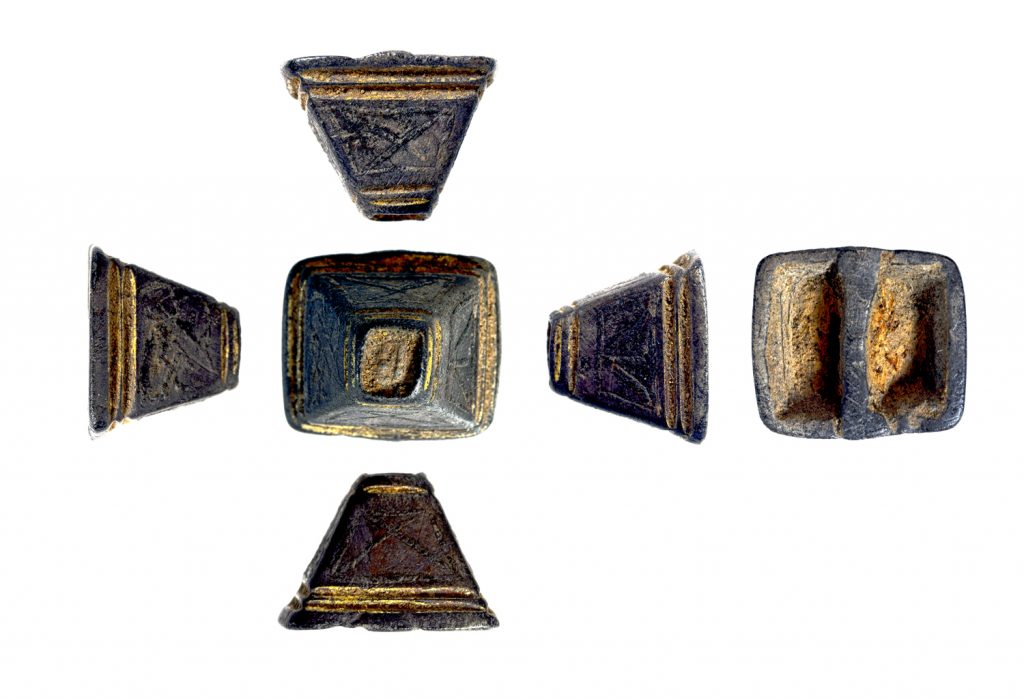
My find from 2020, which has recently been declared as treasure
The Treasure Act defines treasure as an object that is at least 10% by weight of precious metal (that is, gold or silver) and over 300 years old. In the case of coins, the find needs to consist of two or more coins. Additionally, any object found in the same place as an item of treasure would be considered to be treasure.
It is a criminal offence not to report a treasure find. If you are in any doubt as to whether any object you find is treasure then you should report it.
Archaeological Objects
What constitutes treasure and the need to report it is clear and widely known within the detecting community. What about other finds?
Reporting all archaeological objects
The guidance to the Treasure Act says that “The intention of the Portable Antiquities Scheme… is to record, for public benefit, all archaeological objects found by members of the public. All responsible finders should report their archaeological finds to their local finds liaison officer, although this is a voluntary scheme and there is no compulsion to report non-treasure items.”
PAS’s Code of Practice requires “Reporting all archaeological finds to the landowner … and PAS”
What constitutes an archaeological object?
The problem is, what constitutes an archaeological object. I could not find a definition in either the Treasure Act or on the PAS website. Collins dictionary defines archaeology as a study of the past, which would encompass every find. In the Guidance to Exporters of Archaeological Objects there is a requirement for an export licence if the object is more than 50 years old.
The PAS database has several items from the 20th Century including a cap badge that was certainly made after 1968 but could have been made as late as 2007.
The British Museum’s Advice for Finders of Archaeological Objects, including Treasure says of the PAS “We record all objects made before about 1700 and are selective in recording more modern finds.”
Report Everything
In all the guidance, plus what I see on Twitter and Facebook from FLOs, the message from the PAS is “Report Everything”. Given that the PAS appears to be working at its capacity, is reporting everything either practical or desirable? In order to function, does the PAS rely on detectorists exercising some discretion on what to report. Or is the value of the PAS database significantly diminished by not having every single find recorded?
Your Views
Q3. Selecting what to report
If you found these four items below, which would report
The object is about 5cm long.
Auction sales
One suggestion is that all recently found items that are sold at auction should be recorded at the PAS. Whilst monetary value is not always a guide to an object’s archaeological importance, it does provide a clear threshold for where an item must be reported. In addition, the item will have been identified and described in the auction details and professionally photographed. This should allow for a streamlined reporting mechanism.
Your comments
Please let me have your thoughts on the PAS and reporting finds in the comments section below.

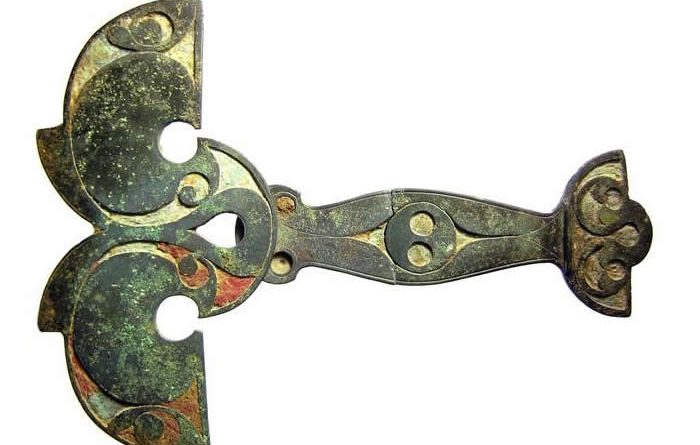
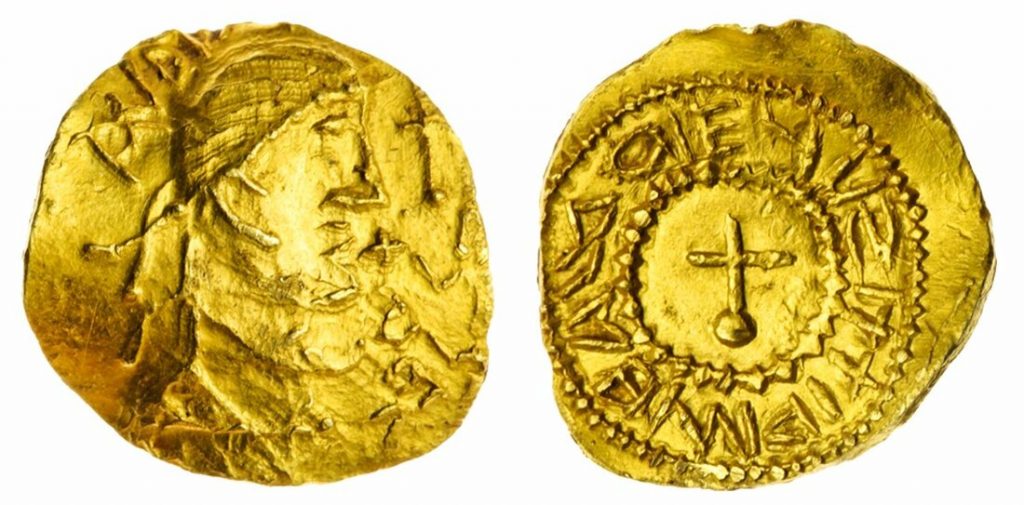

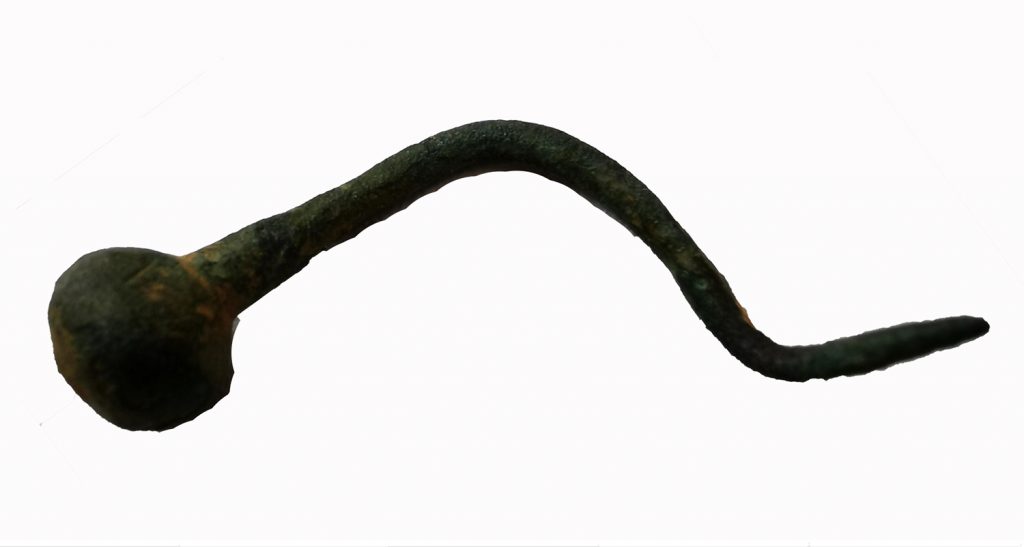
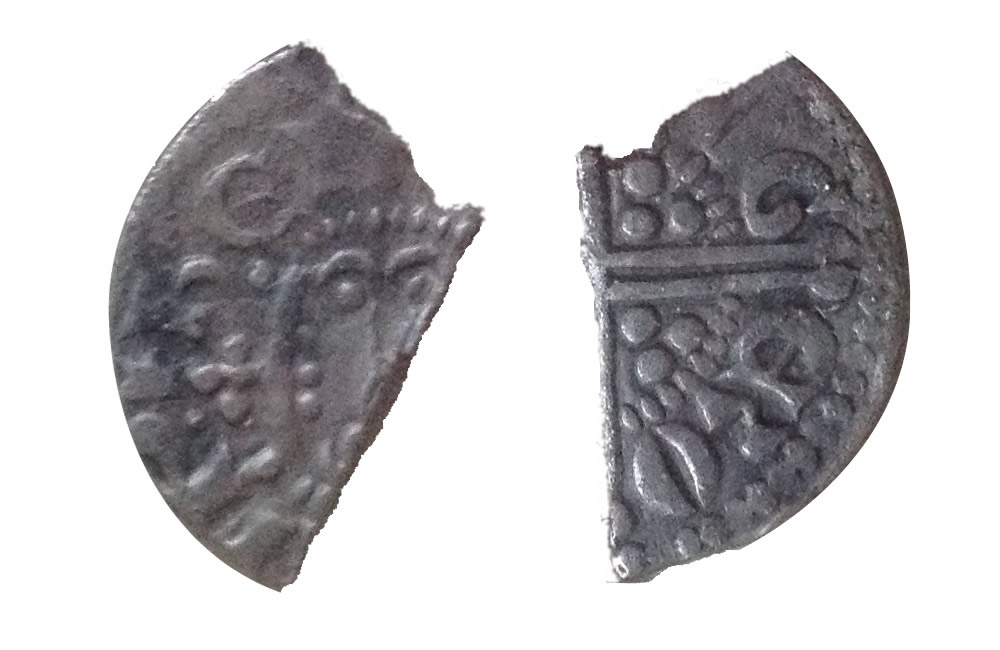
In britain we are very lucky to have the freedom to enjoy our hobby , searching for , hopefully discovering , and being able to carefully handle, historic items, lost or hidden by our ancestors, and uncovering potential unknown inhabitation has been the greatest thrill and honour . For myself and my wife, Zoe , to be able to potentially find items of significance that could, further, help build the picture of our heritage and give us a better insight into our ancestors day to day lives , is reward enough and we couldn’t do this if we didn’t have the amazing resource that is the P.A.S scheme .
I know they struggle to keep up so it would be great if more resources could be made available to them for more F.L.Os or even people trained in specific areas such as artifacts or coins which may speed the process of recording up
But ultimately i think all recording should be done by F.L.O’s, self recording will never be feasible as it can be quite complicated to record items correctly
And i think we will end up with many wrongly recorded items
The FLO in Wiltshire is obviously overworked. I have in the past reported items from Roman, Saxon and medieval times and NONE have ever been recorded. About six months or so ago I made a conscious decision not to over burden the FLO any more. In my humble opinion the system is not fit for purpose.
in this digital age would it not be convenient and more encouraging to be able to report finds via email with accompanying photographs to the FLO. Who then if interested could contact the detectorist to further investigate the find.